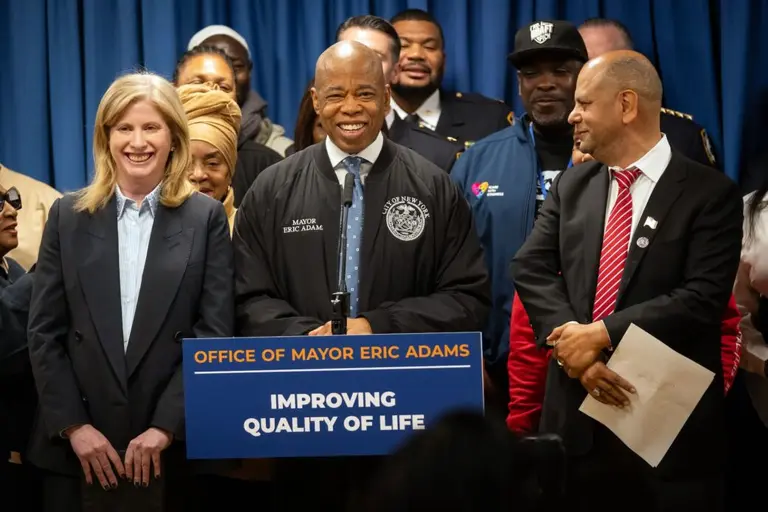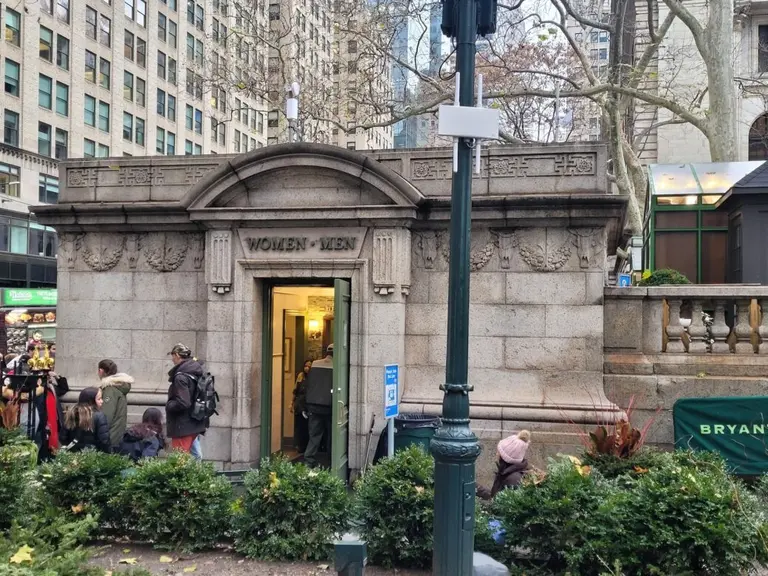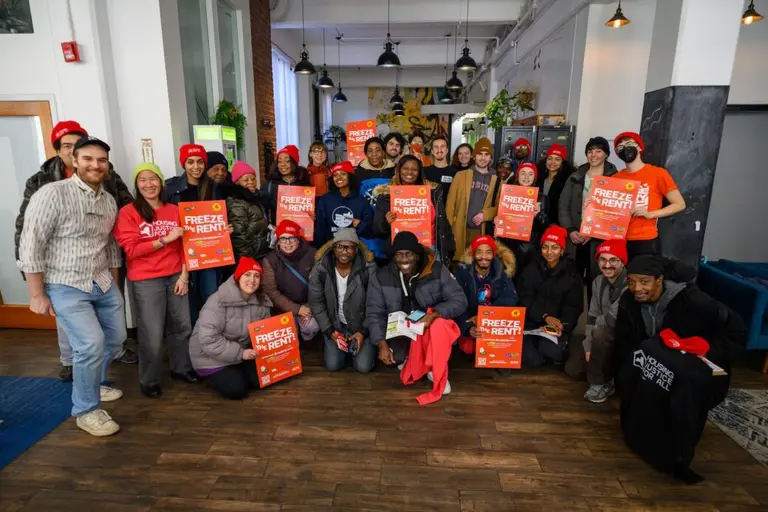Hochul pitches funding incentives to ease New York’s housing crisis

Gov. Kathy Hochul is again proposing a series of financial incentives to boost housing production across New York. During her State of the State address on Tuesday, Hochul outlined several initiatives to confront the housing crisis, including the first-ever revolving loan fund to boost mixed-income rental housing development and doubling the tax credits available for low- and middle-income housing projects. The governor has already announced a proposal to curb private equity firms and hedge funds from buying single-family homes.
Designed to fill gaps in construction financing, the proposed revolving loan fund offers a more affordable and flexible solution compared to traditional market funding. The funding will be self-sustaining, with repayments from developers reinvested into future housing projects.
The governor also plans to double the tax credits available through the state’s Low Income Housing Tax Credit Program (SLIHC), which has supported low- and middle-income housing development since it was signed into law in 2000.
Doubling the tax credits will make the SLIHC the largest state low-income housing tax credit program in the nation, generating over $210 million annually in private investments for affordable housing.
Last week, Hochul proposed legislation discouraging institutional investors like private equity firms and hedge funds from purchasing large numbers of single- and two-family homes and requiring a 75-day waiting period before these investors can place bids on real estate.
The governor also introduced other measures, including increased funding for innovative homebuilding, down-payment assistance for first-time homebuyers, and the introduction of an affordable homebuyer tax incentive.
Hochul also plans to distribute inflation tax rebates for New Yorkers, for a total of $3 billion in the form of $300 and $500 one-time payments dependent upon income level and tax filing status, according to City and State NY.
Additionally, the governor’s proposals include banning software that uses price-fixing algorithms, which enable landlords to raise rents despite an increase in housing supply. Recent data reveals that these services cost tenants an estimated $3.8 billion in inflated rents nationwide last year alone.
“The top driver of our affordability crisis is the rising cost of rent and mortgages, and New Yorkers need our help,” Hochul said. “After passing a landmark housing deal last year, it’s time to continue the fight with new measures to make life more affordable for tenants and homeowners.”
Although Hochul’s proposals aim to increase housing production statewide, they are facing criticism for not including meaningful zoning reforms.
In a statement, Annemarie Gray, executive director of Open New York, said Hochul’s address did not include meaningful zoning reforms to ensure housing is built in every community.
“The reality is simple: No housing strategy can succeed without addressing the restrictive local zoning rules that block new homes in communities across our state,” Gray said. “While the revolving loan fund will help finance affordable housing, these desperately needed homes can only be built where local zoning allows them. Too often, that’s nowhere.”
“New Yorkers are ready for real solutions that match the scale of our housing crisis. That means ensuring every community does its part to create housing opportunities, dismantling exclusionary zoning barriers, and enabling housing growth where people want to live.”
With a focus on affordability, Hochul also pitched a $1 billion income tax cut that would benefit roughly 77 percent of all New Yorkers. The tax cut would affect five of the state’s nine tax brackets. Joint filers earning up to $323,200 would qualify for the relief, according to City and State NY.
RELATED:
Explore NYC Virtually
Leave a reply
Your email address will not be published.




























will they start building truly affordable housing in better off neighborhoods, will they speed up the process to get these building built, as for taxes, state taxes need to be cut, eliminated for all people who make less than 150,000 a year, from families to individuals, they also need to get rid of these preferences in this affordable housing lottery system